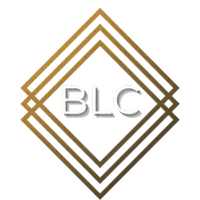Blog > Understanding the Difference Between an HOA and a CDD in Florida Real Estate
Understanding the Difference Between an HOA and a CDD in Florida Real Estate
by
Understanding the Difference Between an HOA and a CDD in Florida Real Estate
If you're considering buying a home in Florida, you may have come across terms like Homeowners Association (HOA) and Community Development District (CDD). While both involve fees and regulations, they serve different purposes and can impact your homeownership experience in distinct ways. Understanding these differences can help you make an informed decision before purchasing a property.

What is a Homeowners Association (HOA)?
An HOA is a private organization responsible for managing and maintaining a residential community. These associations establish rules, guidelines, and fees that homeowners must adhere to in order to maintain property values and community aesthetics.
Key Features of an HOA:
-
Governing Body: Managed by a board of directors, often made up of community residents.
-
Rules & Regulations: Enforce community guidelines regarding home appearance, landscaping, parking, and more.
-
HOA Fees: Monthly, quarterly, or annual fees cover maintenance, amenities, and administrative costs.
-
Amenities & Services: Can include pools, clubhouses, landscaping, gated security, and more.
-
Enforcement Power: The HOA can issue fines, place liens, or even initiate foreclosure if homeowners fail to comply with rules or pay fees.

What is a Community Development District (CDD)?
A CDD is a special-purpose government entity created to finance and manage infrastructure within a community. Unlike an HOA, a CDD is established by developers and approved by local government agencies to fund large-scale improvements like roads, water systems, and recreational facilities.
Key Features of a CDD:
-
Infrastructure Development: CDDs finance major community infrastructure projects before homes are sold.
-
CDD Fees: Typically included in property tax bills as an additional assessment.
-
Public Entity: Unlike an HOA, a CDD operates as a government entity and is subject to public oversight.
-
Long-Term Costs: Homeowners pay off the development costs over an extended period, usually 20-30 years.
-
Ongoing Maintenance: Some CDDs also manage community upkeep and amenities.
HOA vs. CDD: Key Differences
| Feature | HOA | CDD |
|---|---|---|
| Type of Organization | Private association | Government entity |
| Purpose | Community rules & aesthetics | Infrastructure funding & maintenance |
| Fees | Paid directly to HOA | Included in property taxes |
| Governance | Run by homeowners | Managed by a board appointed by the developer, then taken over by residents |
| Enforcement | Can issue fines or liens | No enforcement authority beyond taxes |
How Do HOA and CDD Fees Affect Homeownership Costs?
Both HOA and CDD fees contribute to the overall cost of owning a home in Florida. CDD fees are typically built into your annual property tax bill, whereas HOA fees are paid separately. Some communities have both an HOA and a CDD, meaning homeowners must pay two different fees.
Example Cost Breakdown:
Imagine buying a home in a Florida community with:
-
An HOA fee of $200 per month
-
A CDD fee of $2,000 per year (included in property taxes)
This means you’ll pay $4,400 per year in combined HOA and CDD fees, in addition to your mortgage and property taxes.
Which One is Better for You?
It depends on your preferences and budget. If you want a well-maintained community with enforceable rules, an HOA might be appealing. If you're okay with paying for infrastructure over time but want less oversight on your property, a CDD may not be a dealbreaker.
Hate HOAs? Hate CDDs? No Problem!
Let’s be honest—nobody wakes up thinking, "Wow, I can’t wait to pay extra fees and follow a 20-page rulebook on acceptable mailbox colors!" HOAs and CDDs work great for some, but they’re definitely not for everyone. If you prefer fewer restrictions and keeping more money in your pocket, Beyond La Casa can help you find homes in communities with no HOA or CDD fees—just you, your home, and the freedom to plant pink flamingos in your front yard (if that’s your thing). Let’s find the perfect place for you—no unnecessary fees required!
Final Thoughts
Before purchasing a home in Florida, be sure to research whether the community has an HOA, a CDD, or both. Review the HOA bylaws and CDD assessment schedules to understand your financial obligations and community expectations.
If you need guidance on choosing the right community, Beyond La Casa is here to help! We specialize in helping buyers navigate Florida’s real estate market and find homes that align with their lifestyle and financial goals. Contact us today to get started!

